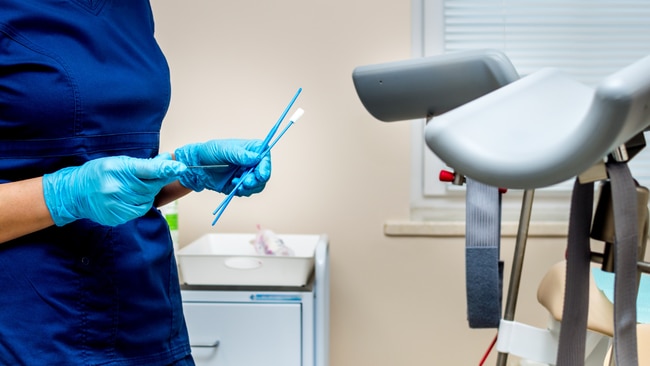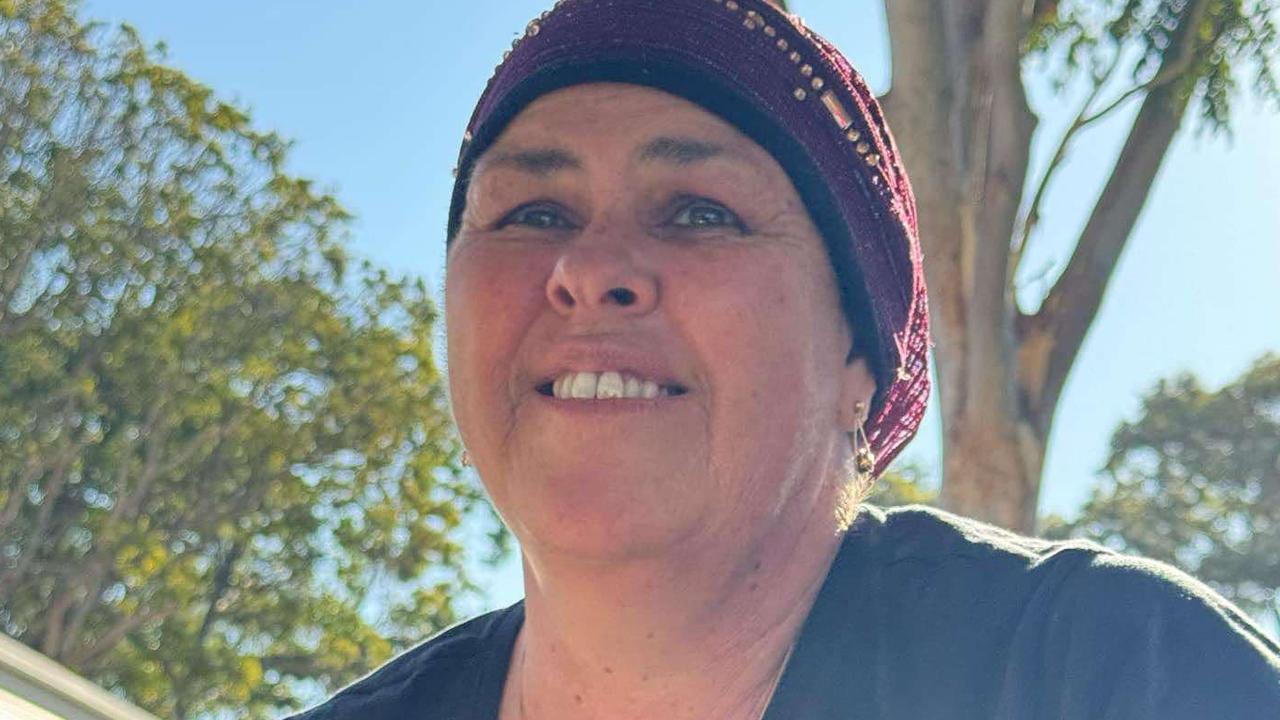9 symptoms of gynaecological cancer to look out for
Know the signs

Cancer
Don't miss out on the headlines from Cancer. Followed categories will be added to My News.
Australian females are estimated to have a one in 23 (or 4.4 per cent) chance of being diagnosed with gynaecological cancer by age 85.
While it is one of the lesser-discussed cancers, more than 6,700 Australian women and girls were diagnosed with gynaecological cancer last year alone, making up 9.3 per cent of all new female cancer cases diagnosed in 2022.
For the uninitiated, gynaecological cancer affects the tissue and organs in a woman's reproductive organs and genitals including the vulva, vagina, cervix, uterus, fallopian tubes and ovaries.
Going off the statistics, someone you know or love, or even you yourself could be diagnosed with cervical, ovarian, endometrial or vulvar cancer in your lifetime – and they’re often undetected until they’ve spread, which makes them difficult to treat.
Like what you see? Sign up to our bodyandsoul.com.au newsletter for more stories like this.
“We need to raise awareness of the signs and symptoms of gynaecological cancers so that women can get screened and diagnosed early,” Cherish Women’s Cancer Foundation founder, Professor Andreas Obermair tells Body+Soul.
The non-profit organisation is dedicated to raising awareness and funding for research into gynaecological cancers and wants every woman to be aware of the most common signs and symptoms, which include:
- Abnormal or persistent vaginal bleeding
- Unusual vaginal discharge
- Pain, pressure or discomfort in the abdomen
- Weight loss
- Swelling of the abdomen
- Change in bowel or bladder habits
- Pain during sex
- Itching, burning or soreness in the pelvic region
- Lumps, sores or wart-like growths

And while a few of the above can be common side effects of pregnancy, don't assume they're part of that process either.
“Early detection and treatment are essential for improving outcomes for women with gynaecological cancers,” Obermair says. “Please talk to your doctor about your risk of developing these cancers and how to reduce your risk.”
There are a number of risk factors to be aware of too including family history, specific gene mutations and being diagnosed with a previous cancer like breast or bowel cancer. You're also at risk if you've got reproductive history, human papillomavirus (HPV), exposure to hormones whether they're produced by the body or taken in medication form, exposure to diethylstilboestrol (DES) in the womb, or if you're overweight or a smoker.
In 2022, Cancer Australia claimed an estimated 2,111 women died from gynaecological cancer, while women diagnosed had a 71 per cent chance of surviving at least five years from diagnosis.
Gynaecological Cancer Awareness Month falls in September, and the Cherish Women’s Cancer Foundation will see a team of fundraisers scale Africa’s Mount Kilimanjaro for the Cherish Challenge, in a bid to raise further awareness and funds.
Originally published as 9 symptoms of gynaecological cancer to look out for


